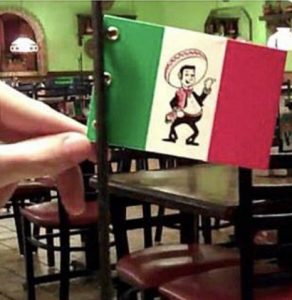What’s That Smell?
the air was
heavy with
the sweet smell
of success
as it blew
right past her
replaced with
flatulence
of failure
(A tricube is comprised of three stanzas, with each stanza being three lines long, and each line consisting of three syllables. This was my final poem penned within the confines of the full marathon, and I was truly frustrated and disappointed in myself for not being able to complete the full event, even though I was working and having to write in between tasks, as well as the fact I recently have been experiencing major health issues, which also prevent me from being able to do everything I want when I would like.)
